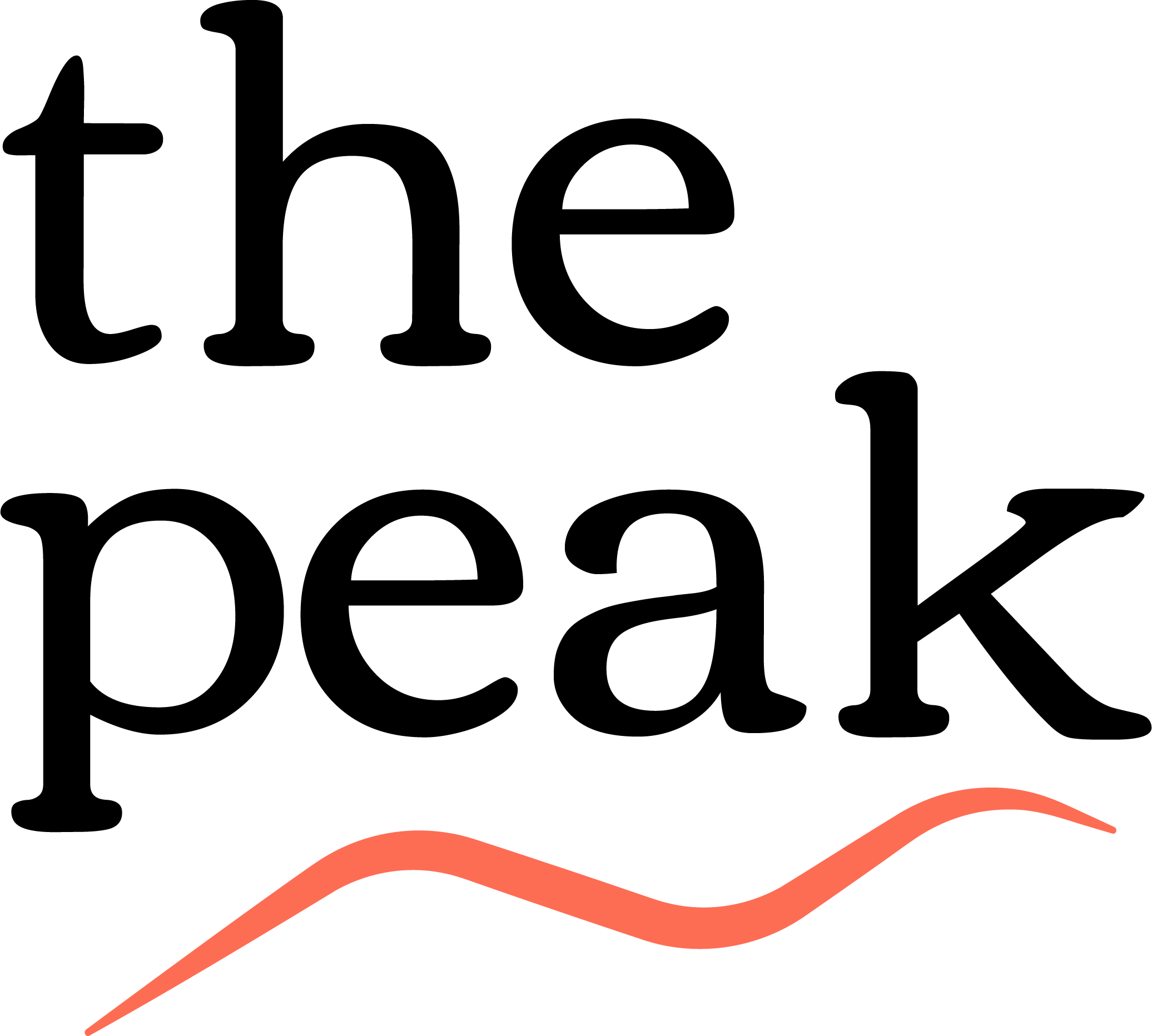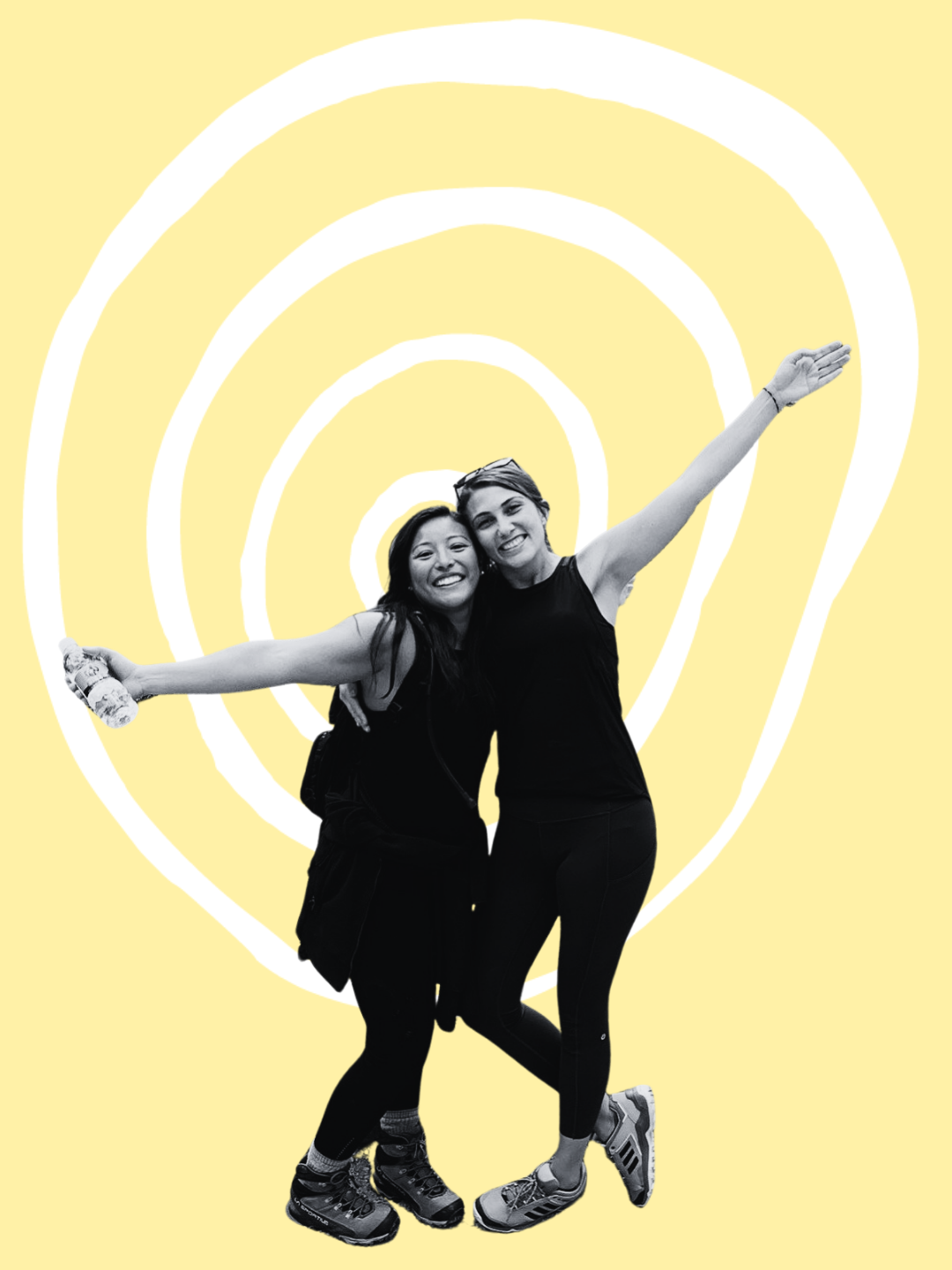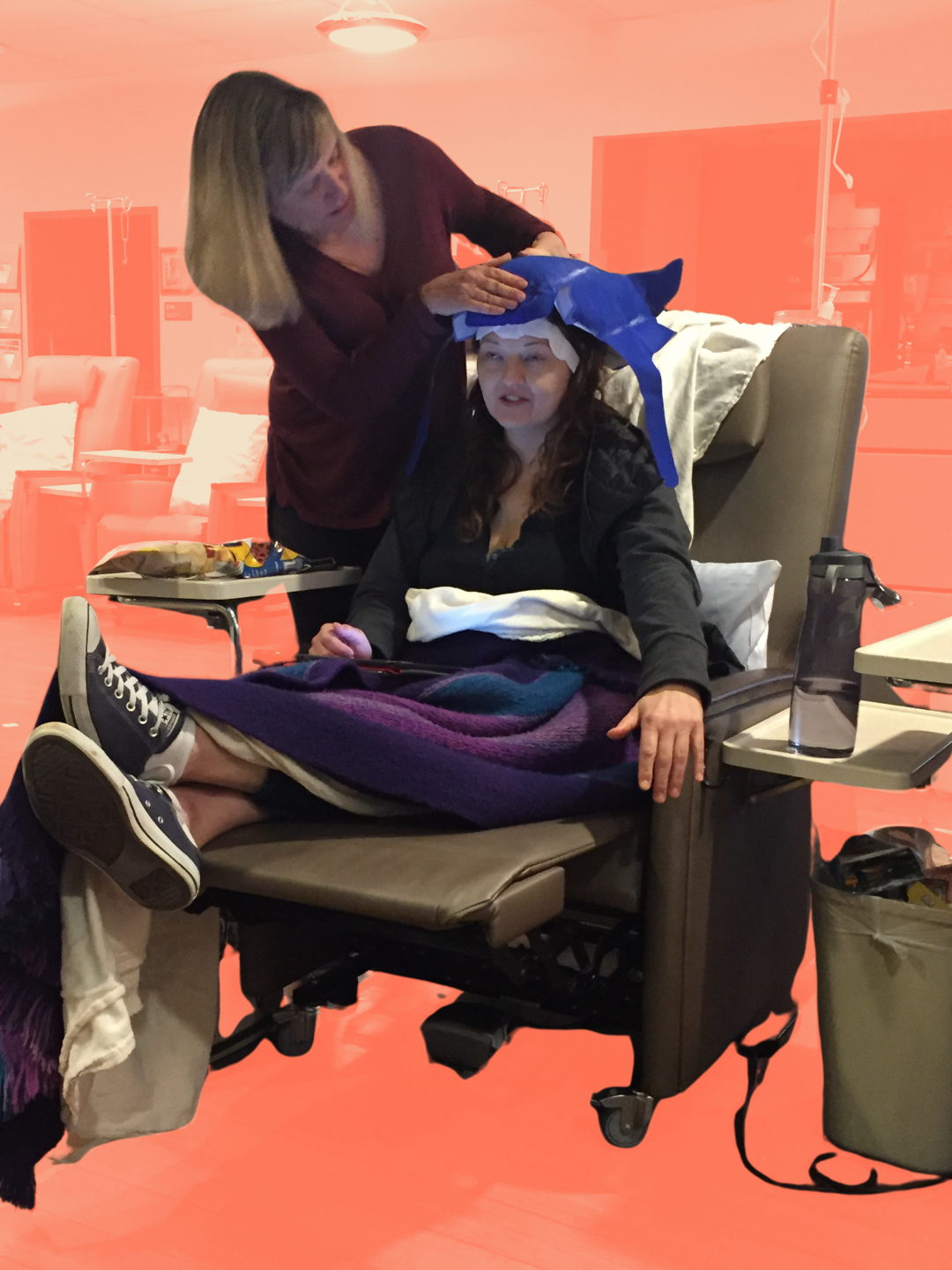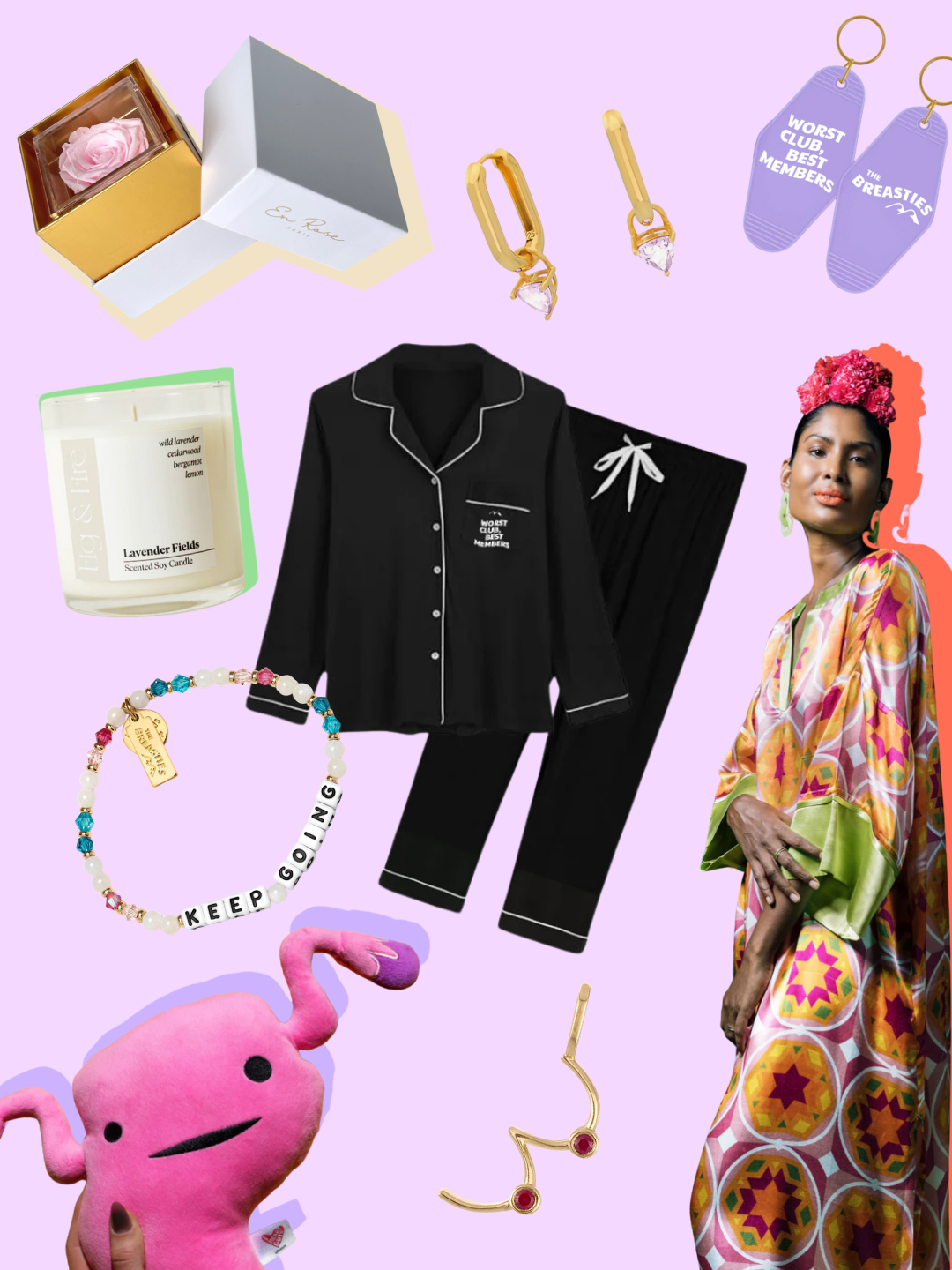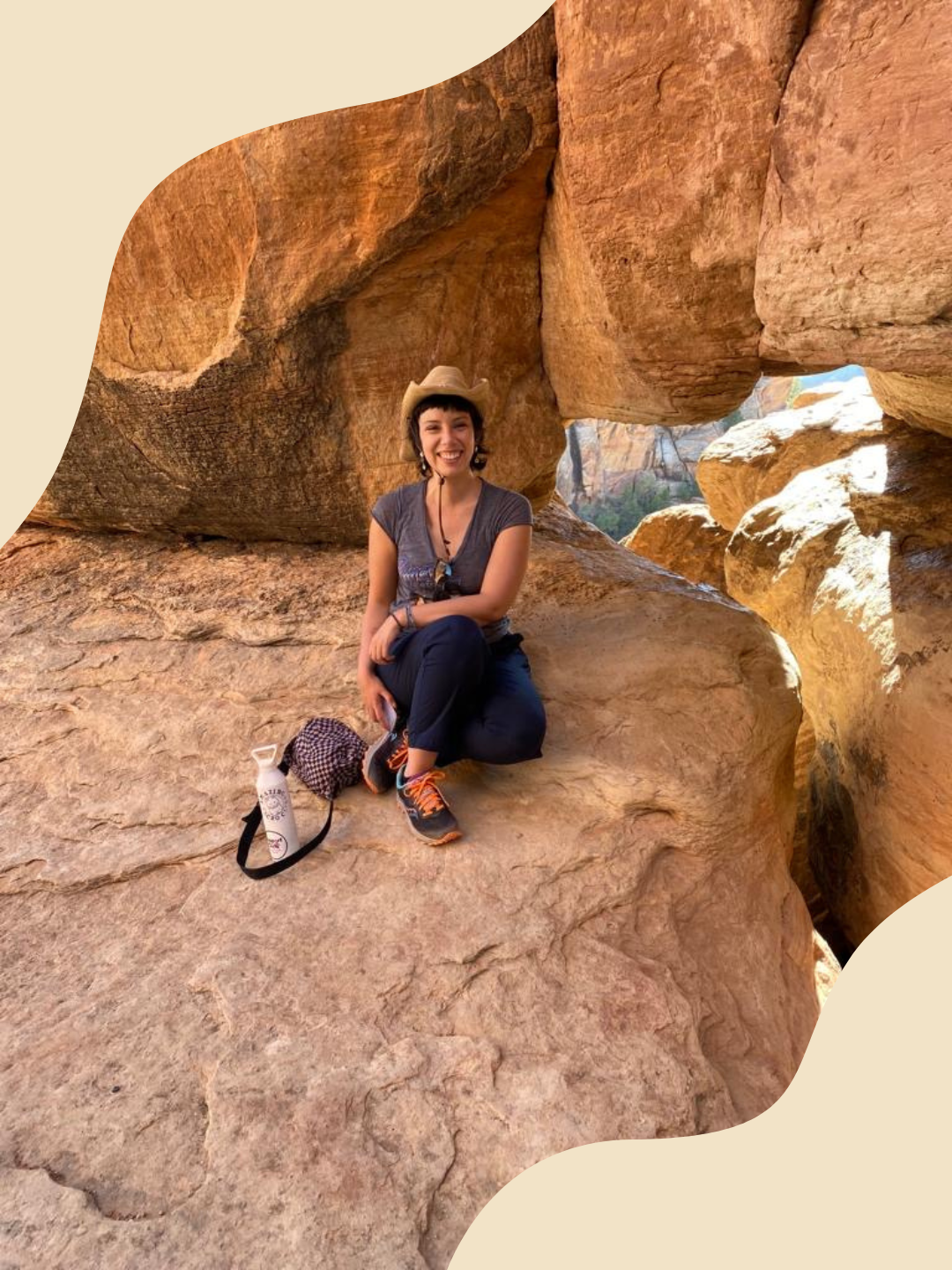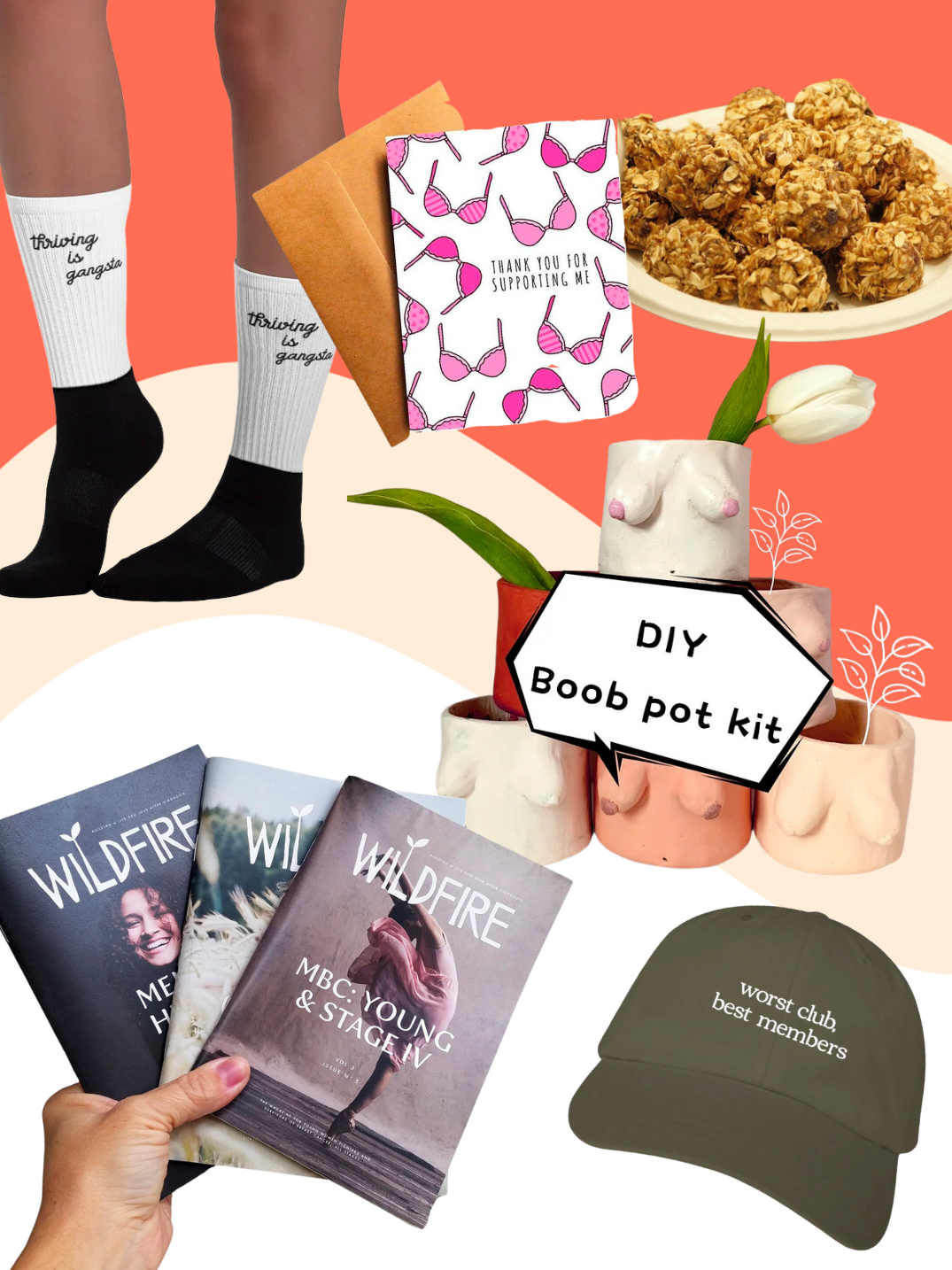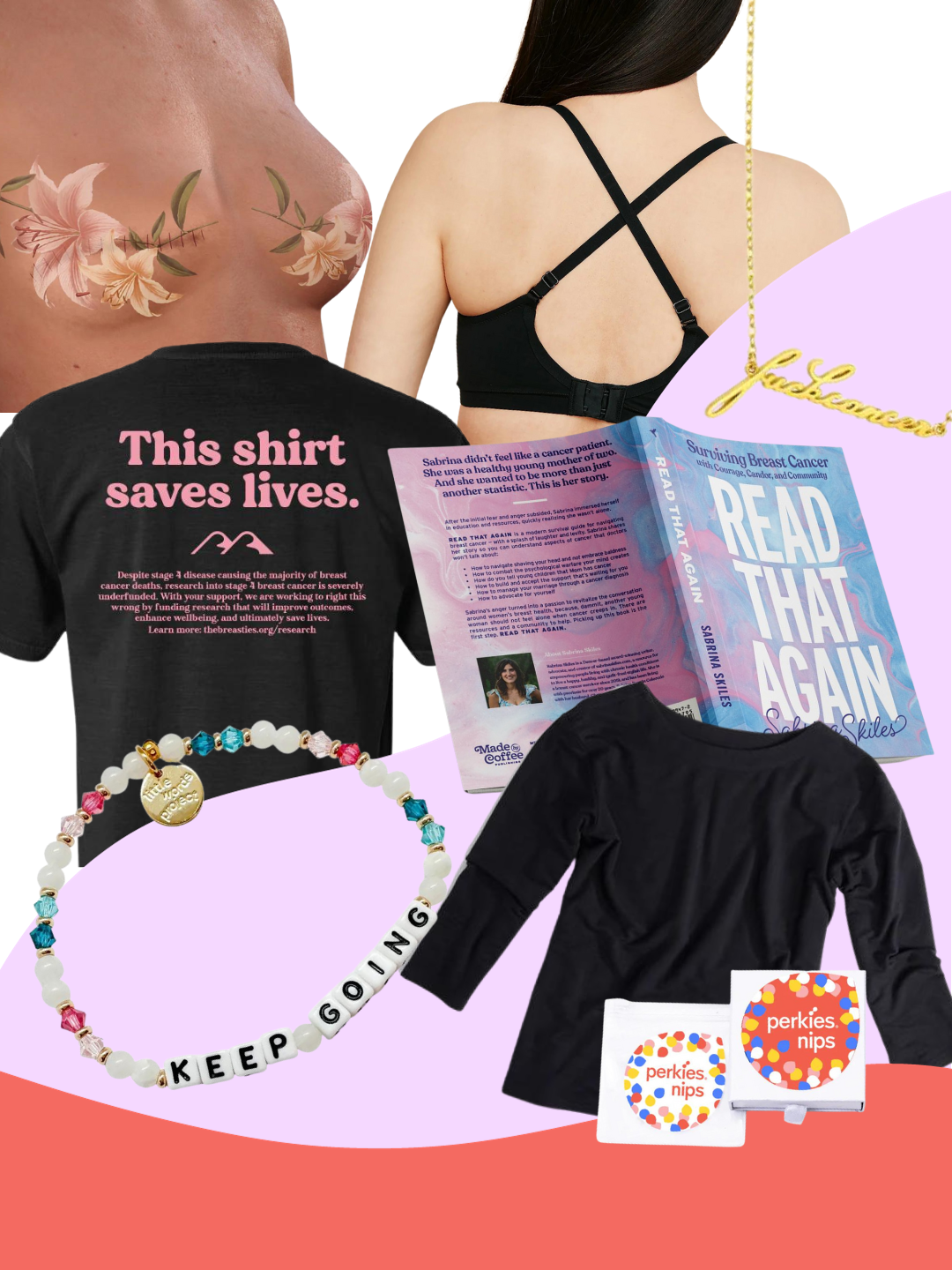When my best friend, Allie, was diagnosed with breast cancer, my world went dark — literally and figuratively. It was as if I had tunnel vision. Everything else was blacked out peripherally and I only felt urgency about one thing — making sure Allie was okay. I went into “caregiver mode.”
You could say it was a natural mode for me to go into, something I was well-versed in. But all of the other caregiving I had done in the past had never really focused on illness and it didn’t really include the possibility of death.
Allie was my best friend. We did everything together. Worked together, sang in the car to Beyonce together, worked out together, cooked together, ate meals together, went to the store together. Our lives were together. And now that all felt as if it could be ripped away. That was heavy.
My best friend has cancer? What did it all really mean?
Essentially in being one of her caregivers, I was doing something I had always felt called to do. Yet, this time felt different. At the moment, I didn’t dwell on it too much. Allie was the focus. I floated from one task to the next.
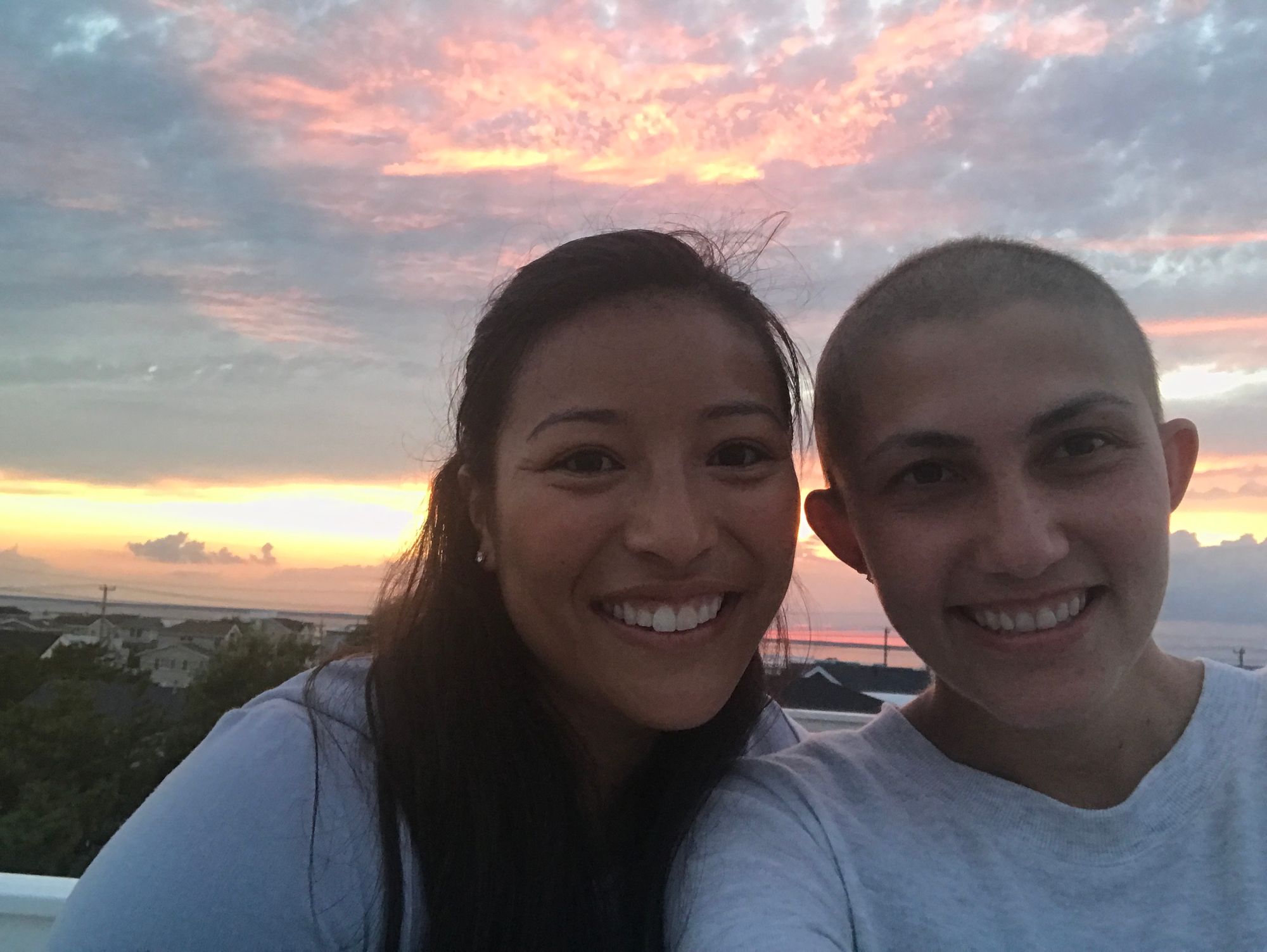
Yet, looking back I learned a heck of a lot about what being a caregiver in this situation really meant and what I would want to do differently in the future. It taught me things about myself, about the nature of caring for someone, and it opened my eyes to what it means for the individuals who do the “caring.”
Here are the biggest lessons I learned in being Allie's caregiver.
You Can Be Yourself
You don’t have to walk on eggshells around your loved one. I will admit that at first, I was a little lost about what to do. How do I help Allie? What can I do to really make a difference? Instead of thinking about it so much, I just kept going. I did big things for Allie, but even the little things counted. Things like taking out the trash and ordering dinner.
The one thing I was certain of was that I wasn’t going to treat her any differently. I wrote a long card to Allie a few days after her diagnosis where I explained that I would still be that person who would listen to her and laugh with her and hug her and fall asleep on the couch after a late night of doing absolutely nothing.
That if she wanted to tell me how much everything sucked, I would listen and maybe even throw in a few expletives! If she wanted me to cheer her up, I would find an activity or a way to make her smile and laugh. In a world of unknowns, I’d vow to be her sense of normalcy. Others might tread lightly, make things all happy, all the time. I wouldn’t. I’d just be me.
Comfort In, Dump Out
Can I be totally honest about what didn’t help at all? When someone would text me or call me regarding Allie and say, “I don’t know what to do,” “I can’t believe this,” “I feel SO bad!” Um, yeah. I KNOW. But I didn’t say anything in those moments. I was hearing those thoughts and having those feelings all day long. Yet, I stayed the ever-positive cheerleader for others and instead offered them help. Looking back, this thinking was harmful and it made me feel even more isolated because I had more people to care for.
I would like to kindly offer this tip to anyone who finds themselves thinking the former thoughts: Comfort in, dump out.
This is a golden nugget that my boss at the time shared with me. An LA times article outlined a ring theory where the person who is experiencing the trauma was in the center. The person closest to the individual in the center was in the ring right outside of that one (e.g., partners, spouses, significant others), then in the ring outsides of that was the next closest people (e.g., parents, family members), and then other individuals and friends in order (e.g., closer friends in the inside rings and distant friends in the outer rings).
The significance of this? You help and you listen to those closer to the center, you provide support. The “I feel so bad’s”? Save that for the people in the outer rings. Dump. that. Out. Through this process, I found people to dump out on and they didn’t include Allie’s husband or family. They were other friends, my partner, my boss, my coworkers (who were also, incidentally Allie’s coworkers as well). I comforted her family, her sister, her husband. But I didn’t put my feelings on them. I found other people to cry to and share worries with. Don’t hold it all in, but definitely dump it out.
You are Just as Important as Your Loved One
Going off of the previous point, you are worthy of being cared for as well during this time. Caregiving is exhausting! But you don’t have to share that with the inner circles. I completely lost myself in Allie’s care. I was eating (because that is my default when I’m really stressed) but I wasn’t sleeping, moving or exercising, prioritizing my health or diabetes, or even really caring about anyone else — myself included. I was a shell and my soul was not home. You weren’t going to ask me about Allie? You didn’t know about what was going on? You just earned yourself a ticket out of my life, see ya!
You could say I was being a “good” friend. However, looking back I now know that I could’ve been an even better friend and a better person if I had just spent even five minutes caring a little bit for myself. I was just as important during that time. And Allie was looking to me for strength, support, and hope.
I believe that I provided those things, but the cost of not caring for myself?
Forgetting what it felt like to really smile, feeling anxious and empty at night, constant thoughts about all the unknowns ahead.
When I finally began to prioritize myself again, first through movement, then through nutrition, seeing a therapist, sleeping more, and other habits, it didn’t feel so hard for me to be exactly what Allie needed me to be ... myself. The person she knew and loved.
If you are struggling as a caregiver, know that it is okay and completely normal. My advice? Don’t dump it on the person you are caring for (in my opinion, they don’t need to know that their pillar of strength is also crumbling) but know that there are ways to make that better and people who can and will help you be the caregiver that you want to be.
